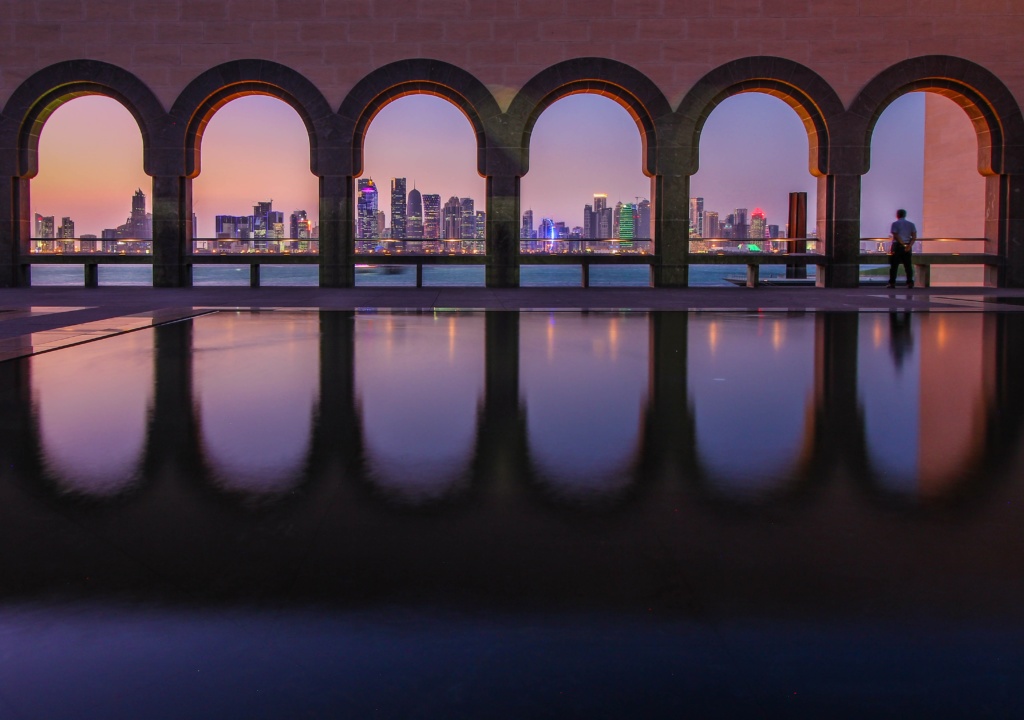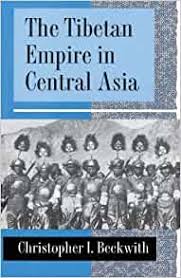Start with a quote from Matt Stoller (2011)
Change needs to happen—and it will happen, either through good leadership or through collapse.
The US has choices, most other countries dont.
With all the chaos and rioting there are no specific goals to make the US equitable, specially for the lower rungs of society. My thoughts of specific goals.
What should be done immediately
a) Give aid to direct individuals
This includes free testing and health care
b) Debt Jubilee, i.e. forgiveness of debt.
Rent, Mortgage forgiveness based on income/job.
NOT a deferral with a huge amount coming due in the future
Electoral Process
The President, Congress and Senators need to be more answerable to the public. The way the current system works, public votes and President, Congress and elected officials do the bidding of their paymasters, the big money Multinationals and Military Industrialist. This change is imperative for a proper functioning democracy.
So
a) No lobbyists, period. Caught lobbying or accepting lobby, at least a few years in Jail.
Lobbying is legalized bribery and corruption.
b) Campaign Finance: I would prefer only a govt funding, equal to all contestants.
Or only donations by individuals with cap on amount.
c) Two term limit for Senators
Finance Specific*
a) Let Too Big to Fail companies/banks go bust if they are not profitable ,
instead of propping them up with more and more trillion dollar handouts.
b) Stop derivatives being used for speculation/betting.
Can be used as hedge against asset on the books.
If the asset is sold, the derivative needs to be unwound.
c) Share buybacks be made illegal.
I dont think USD 6 Trillion injection into financial markets will solve the Covid19 pandemic or the chaos in the US.
To put the 6 Trillion into perspective. US GDP is USD 19 Trillion. Public debt is USD 18 trillion Interest public debt USD 479 billion/0.5 Trillion (10% of Budget)
*Some suggestions by VijayVan
Manufacturing
Its not about cutting costs per se. Think the Henry Ford saying, workers should be able to buy what is produced. For that the US must first throw out Free Trade and embrace protectionist. Start Manufacturing and give Price protection to what is manufactured. Same for Oil, the US is self sufficient.
But all of this means ditching the Petro dollar, and the global monetary power that comes with it. So very unlikely those changes will be by choice.
Society:
A push for polices that re vitalize small towns with self reliant economies. Not just a suburban enclave dependent on commuters working in a nearby big city. Coupled with small or medium manufacturing. i.e. Supply chain is mainly within the US.
Maybe even a partial break up of Big Ag and land distribution (100 acres or so) specifically for Agriculture. I think subsidies for small scale farmers is fine. Much better that trillion dollar bail outs for Big Ags.
Wars
The US will have to make some serious decisions about being the global policeman, and conducting wars. (I doubt will happen without change in Campaign Finance/Electoral Process). The US Might has turned to “might happen”. Trillions on war, has not made the US safe. Never ending Wars and nary a benefit except debt and death.
This does not mean disbanding the military. Any country needs to defend itself against invasions. The choice is wars of aggression in distant lands or developing the economy.
US Spending on wars Iraq War: +1 Trillion Afghan War: 1 Trillion Military: 500 billion/year
![Flashman and the Cobra (Adventures of Thomas Flashman Book 2) by [Robert Brightwell]](https://m.media-amazon.com/images/I/51JWkWj2quL.jpg)


